Matter and Its Interactions

Educators and Parents, Sign Up for The Cheat Sheet
Weekly updates to help you use Science News Explores in the learning environment
Thank you for signing up!
There was a problem signing you up.
-
 Archaeology
ArchaeologyThe first farmers were two groups, not one
The humans that began farming 10,000 years ago in the Fertile Crescent may have been two cultures living side-by-side.
-
 Environment
EnvironmentSomething in plastics may be weakening kids’ teeth
The body can confuse some pollutants for a natural hormone. Researchers in France now find such pollutant exposures in childhood may lead cells to make defective tooth enamel.
-
 Earth
EarthHelium discovery blows away shortage worries
Fears that the world may soon run out of helium have been set aside for now by the finding of a huge reservoir of the gas in East Africa.
-
 Chemistry
ChemistryGasp! At the movies, your breaths reveal your emotions
Researchers took air samples as they screened movies. What people exhaled were linked to film scenes’ emotional tone, they found.
-
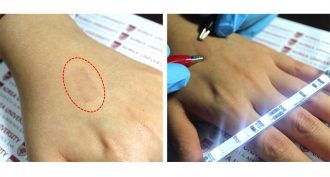 Tech
TechClear, stretchy sensor could lead to wearable electronics
Researchers have combined plastics and metal to make a transparent, stretchable sensor. It could soon find use in touchscreens, wearable electronics and more.
By Sid Perkins -
 Chemistry
ChemistryScientists Say: Cyanide
Cyanides are poisonous. But they are more than that. This group of compounds is used in everything from mining to capturing fish.
-
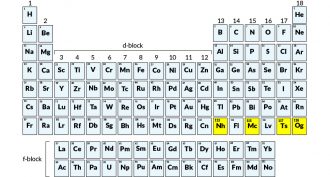 Chemistry
ChemistryThe newest elements finally have names
Nihonium? Tennessine? These aren’t body parts or medicines. They’re among the names just given to the four newest superheavy elements.
-
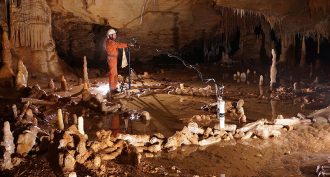 Archaeology
ArchaeologyNeandertals: Ancient Stone Age builders had tech skills
Neandertals built stalagmite circles in a French cave 176,500 years ago. These structures show that these ancient human cousins had social and technical skills.
By Bruce Bower -
 Chemistry
ChemistryScientists Say: Acidification
When a solution becomes more acidic, it’s acidifying. And that’s not always a good thing.
-
 Physics
PhysicsScientists Say: Absolute zero
Even when we think it’s cold out, most molecules are moving. Only at absolute zero will all of their motions stop.
-
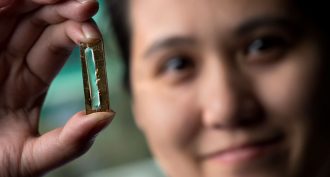 Materials Science
Materials ScienceNanowires could lead to super-long-lived battery
Scientists have long been looking for ways to make rechargeable batteries that last forever. They now may be close. Their solution: gel-dipped nanowires.
By Lela Nargi -
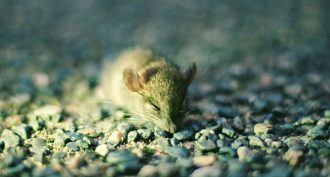 Brain
BrainA ‘cocktail’ in the brain can trigger sleep
A new study finds that a ‘cocktail’ of chemicals in the brain can directly cause mice to fall asleep or waken.